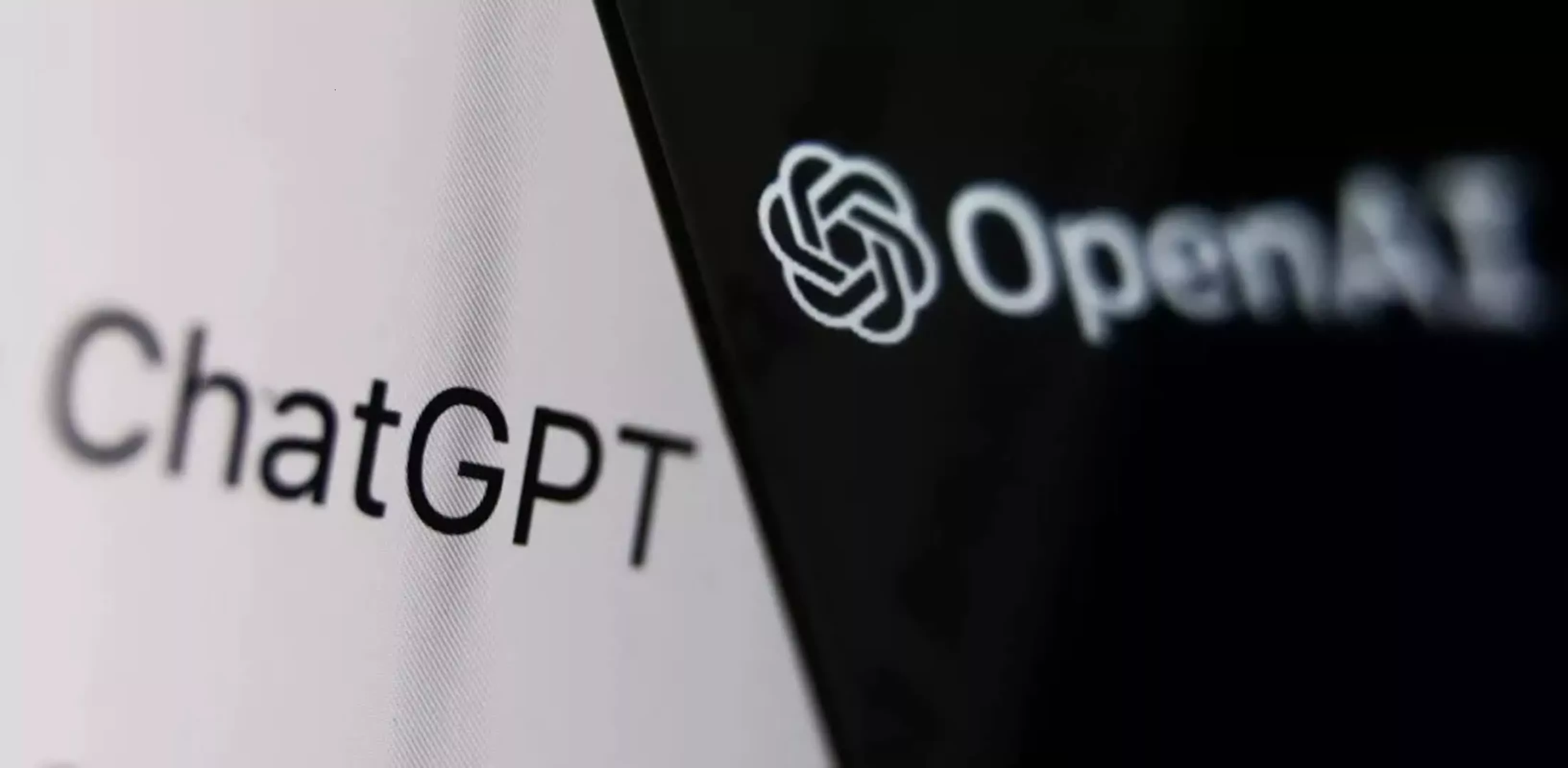ChatGPT is taking another step into the workplace with new features aimed at enterprise users. It can now connect directly to cloud storage services like Google Drive and Dropbox, enabling users to pull from documents, spreadsheets, and files to answer questions and generate reports. The update also adds support for Box, SharePoint, and OneDrive, allowing users to search across multiple cloud platforms from a single interface.
The Verge notes that users can ask ChatGPT to summarize last quarter's sales figures from a spreadsheet in Google Drive or pull highlights from a presentation stored in Dropbox. The system respects existing organizational permissions, presents information clearly, and cites sources from within the connected services.
OpenAI has also introduced "record mode," a feature that lets ChatGPT record, transcribe, and summarize meetings or brainstorming sessions. Available first to ChatGPT Team users on macOS, it turns spoken conversations into searchable, time-stamped transcripts with action items and summaries. Audio is deleted immediately after transcription, and transcripts follow the workspace's retention policies.

Business customers are also gaining new research capabilities. ChatGPT now supports the Model Context Protocol (MCP), an open standard that lets organizations link the assistant to a wide range of internal tools and databases without building custom integrations. With that expanded access, ChatGPT can tackle more complex research tasks, such as generating detailed reports that draw on both internal data and online sources. OpenAI provides MCP support for Pro, Team, and Enterprise subscriptions.
This feature rollout comes amid rapid growth in OpenAI's business offerings. The company now has three million paying business users across its ChatGPT Enterprise, Team, and Education plans, up from two million in February. Companies across finance, healthcare, and retail – including Lowe's, Morgan Stanley, and Uber – have adopted OpenAI's business solutions.
"There's this really tight interconnect between the growth of ChatGPT as a consumer tool and its adoption in the enterprise and in businesses," OpenAI Chief Operating Officer Brad Lightcap told CNBC.
The new features put ChatGPT in direct competition with workplace AI tools from tech giants and startups alike, including Google, Microsoft, Notion, and Zoom – each racing to add generative AI to their productivity suites. With an expanding set of integrations and a rapidly growing user base, OpenAI seems intent on securing a lead in the enterprise AI market.
